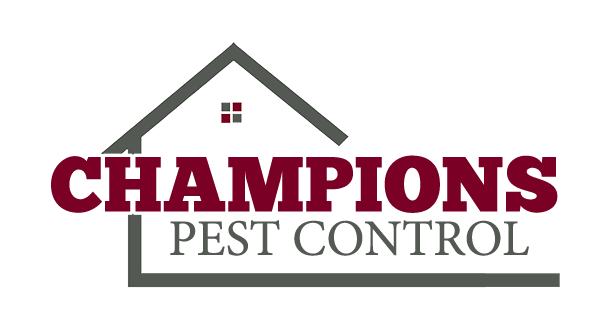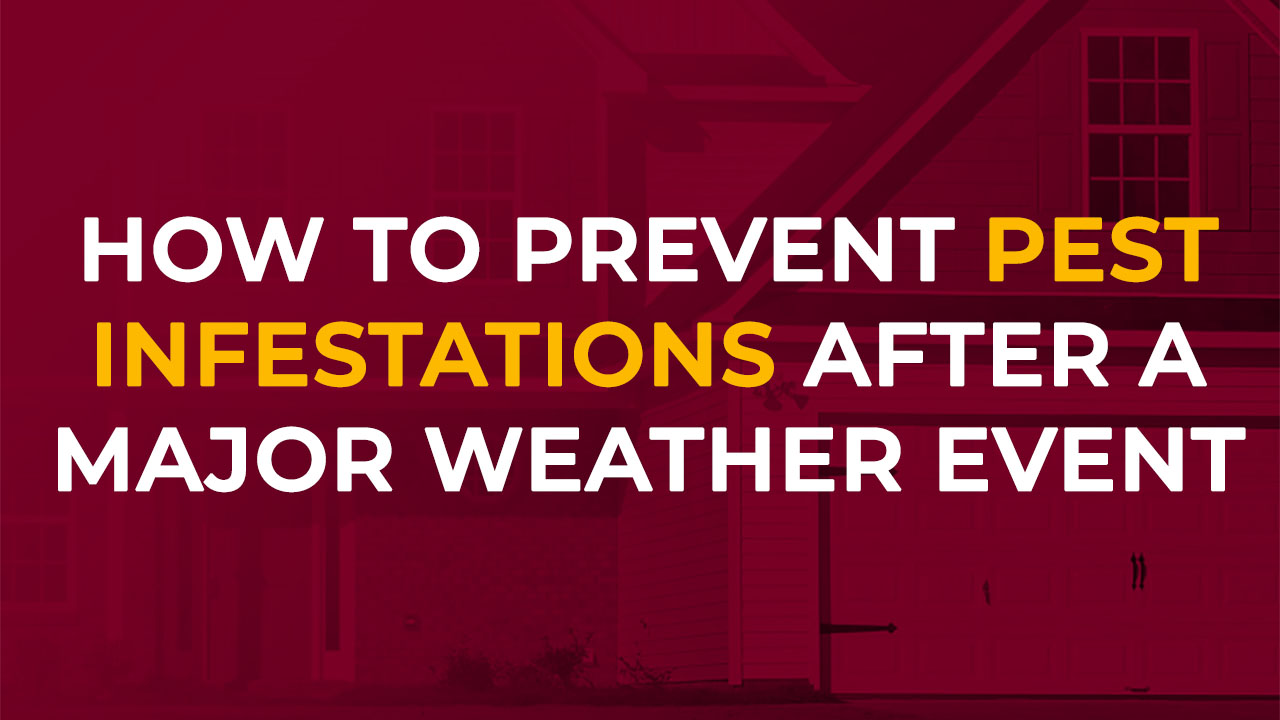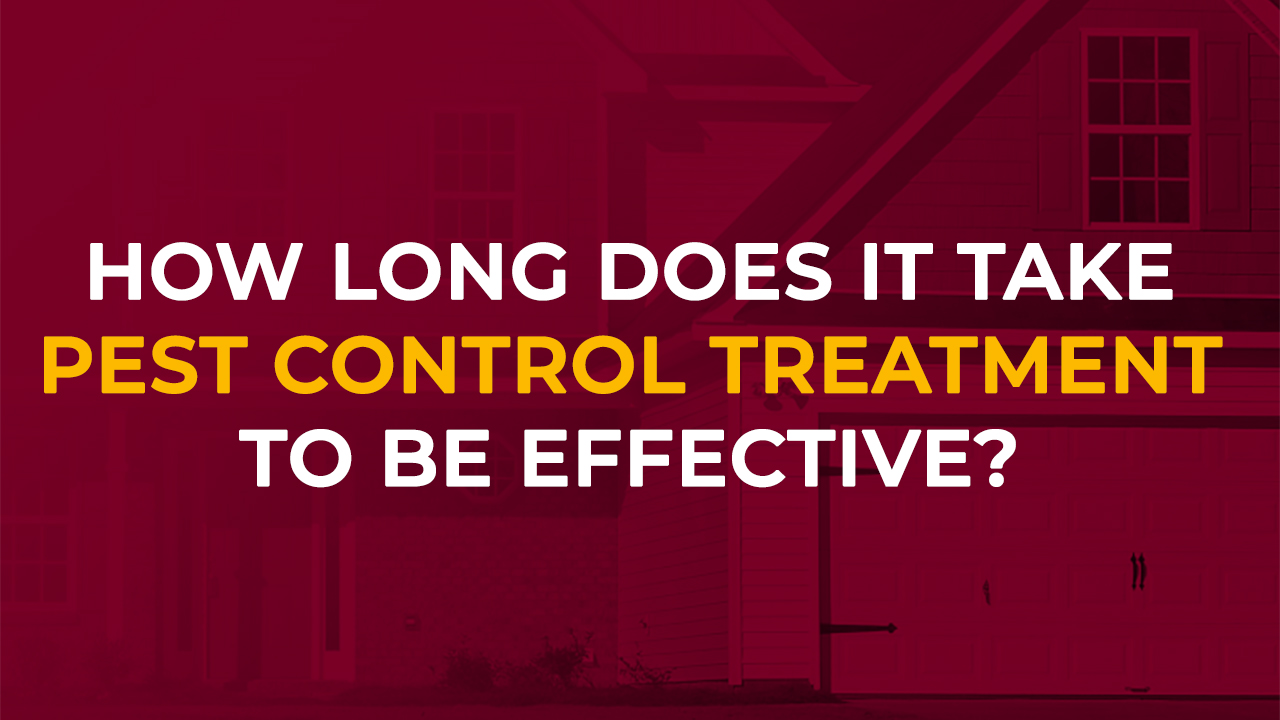Birds, for the most part, are universally regarded as beautiful examples of nature’s beauty. The flight of an American Bald Eagle, the colorful feathers of a Macaw, and the swooping talents of Pelicans are all a fascinating sight to see.
That being said, not all birds are held in such high regard. Due to their propensity for transmitting a wide range of diseases and invasive nesting, some species of birds like pigeons, gulls, and egrets are considered pests.
WHY HOUSTON PEST CONTROL COMPANIES LABEL SOME BIRDS PESTS
Because these species and others similar have grown so accustomedto people and developed areas, they have very little fear of humans and nestand hover around populated areas scavenging for food. With the acquisition of that food comes well, to put it bluntly—a lot of bird feces and feathers.
Bird feces can be extremely problematic for both residents and local businesses. It is unsightly, has a foul odor and usually smatters an entire area relentlessly on a daily basis. Cars, awnings, outdoor patio seating, and other exposed surfaces all get covered.
For vehicles, bird feces left on a vehicle in the sun can cause erosion of the clearcoat and leave permanent blemishes. For outdoor seating, it renders your patio an unsanitary space for guest to eat on an otherwise beautiful day.
Here’s the one important aspect that many don’t think about—bird feces and feathers are a major source of diseases. The main species that carry the most diseases are sparrows, pigeons, gulls or egrets, and starlings. Basically, about every bird you tend to encounter on any given day in Houston.
HOW ARE THESE BIRDS TRANSMITTING DISEASES?
Typically, birds transmit diseases through various methods just like other animals do such as direct contact, contaminating the surrounding airspace, or through insects that they attract or carry that then bite humans.
For birds, there are three main ways these species of birds specifically spread diseases.
- Fecal Matter
- Feathers
- Nests
Bird Feces
Bird feces, specifically that from the birds we have mentioned are the primary culprit in the spread of diseases by birds. This is due to the fact that bird feces are a huge petri dish full of pathogens. In small amounts, bird feces are harmful. However, when you are dealing with a bird infestation, that also means extreme build-upof bird feces that is then a health hazard. This is why Houston pest control companies urge proactive prevention of bird infestation to avoid a much bigger issue down the road.
Feathers
While not as common a culprit as feces, feathers are also a common contributor to spreading disease amongst birds. Bird’s feathers, especially those in heavy urban areas; often host a plethora of bacteria, parasites, andnasty viruses. However, it should be noted that typically the feathers that carry these dangers are typically from a deceased bird.
Nests
As Houston pest control professionals, we find that bird nests also play a significant role in the spread of diseases, particularly several species of fungi which can spread through the debris birds gather and use for nesting. Also, bird nests are a perfect environment for parasites and insects such as fleas and lice.
HOW DO YOU CATCH A DISEASE FROM BIRDS?
While there are many ways to catch some of the many diseases out there transmitted by birds, these are the most common mediums:
- Inhaling Contaminated Air– When fecal matter dries up it becomes very light and crumbles into a fine powder easily when trampled by human or animal foot traffic. These particles laced with pathogens can get whipped up by winds, especially before a storm, and you can inhale those particles, invisible to the naked eye—but still just as much a contaminant as when whole droppings.
- Contaminated Food – If you don’t wash vegetables and fruit, or are eating food outdoors at a cookout or picnic—birds can contaminate foods with their bacteria, fungi and other viruses they carry through various mediums. For example, having a picnic under a tree with a birds nest that is dropping small particles into your food—too small for you to notice but still containing diseases just the same.
- Drinking – Similar to contaminated food, drinking contaminated beverages or water can cause an infection.
- Contact With Dead Birds – Do not touch dead birds without sterile gloves. If you find a deceased bird in your yard, it can pass diseases to you if not handled with protection.
- Insects – Insects such as flies, fleas, andlice often bite birds and then move on and can enter your home and bite you (yes, some flies bite) this can transmit any disease the insects may be carrying from the birds they bit prior.
WHAT DISEASES DO BIRDS TRANSMIT?
Birds have been known to be able to host over 50 various diseases that can infect humans and other animals such as livestock and domesticated pets. The main diseases they carry fall into one of three categories:
- Bacterial
- Fungal
- Viral
Bacterial diseases
Psittacosis
- Commonly called Parrot Fever.
- Caused by the bacterium, Chlamydophila psittaci .
- Infected by inhaling airborne particles originating in bird fecal matter, feathers and respiratory secretions of infected species.
- The onsetof symptoms occurs about 5-10 days after infection.
- First symptoms can include abdominal pain, diarrhea, and fever.
Salmonellosis
- Caused by Salmonella sp. Bacterium.
- Transmission by ingesting food and drink that is contaminated with fecal matter from infected birds.
- Symptom onset is pretty quick, about 12-72 hours after infection and can include diarrhea, fever, and vomiting.
- Usually passes without medical treatment.
Fungal diseases
Cryptococcosis
- Caused by pathogenic yeasts Cryptococcus neoformans and Cryptococcusgattii.
- Resides in the intestines of infected birds.
- Spread through inhalation of spores in contaminated air. The fungus resides in soil that when disturbed gets picked up by the wind.
- Affects the respiratoryand central nervous system.
Histoplasmosis
- Caused by Histoplasma sp. Fungus.
- Similar to Cryptococcosis, transmission occurs through inhaling air contaminated with spores found in contaminated soil.
- Low health risk, maybe a mild fever.
Viral diseases
Avian Influenza
- Commonly known as Bird Flu.
- Caused by influenza A strain of influenza virus.
- Rarely infects humans, but is transmittable human to human.
- Infection is a result of direct contact with infected birds or contaminated environments, although rare cases have been cited that iscausedby ingesting food contaminated with raw poultry blood.
Newcastle Disease
- Member of the genus Avulavirus of the avian paramyxoviruses.
- Named after location is was discovered in 1927 Newcastle-upon-Tyne.
- A majorconcern for poultry farmers.
- Can lead to mild conjunctivitis and flu-likesymptoms in humans.
West Nile Virus
- Originates with birds even though regarded as a mosquito-borne disease
- Belongs to the same virus category as Dengue, and Zika.
- Birds are a reservoir of the virus.
- Mosquitoes bite infected birds and transmit to humans they in turn bite.
HOW TO PREVENT BIRD DISEASES
Bird diseases are a major issue for both businesses and homeowners. Luckily there are a few tips you can follow to mitigate the chances of catching a disease from a bird.
Don’t Encourage Nesting
Don’t make your home or business “nest-friendly.” Ledges, awnings, holes in the roof and gutters are all favored locations for birds to nest in. Use wire deterrents or other forms of barricades that make it impossible for birds to begin building a nest.
Hide Food Sources
Birds, especially pigeons and gulls are savvy scavengers and are quite intelligent when seeking food, especially in urban areas.
Keep food sources such as trash bins, dog food containers, produce and more all hidden and out of view. If you have a garden, use bird deterrents such as sonic waves, or other things that scare birds off.
Tidy Up
Birds love a dirty unkempt yard full of leaves, debris, and other trash. It’s like a Home Depot for nesting birds. Clean up your yard, it will make your home look nicer and not give birds a reason to shop your backyardfor the nest renovation project.
THE BEST IN HOUSTON PEST CONTROL IS THE ULTIMATE SOLUTION
When all is said and done, the best way to keep birds from camping out in your yard and bringing their diseases is to schedule regular treatments from Champions Pest Control.
We have a wide variety of solutions such as bird spikes (harmless to birds, just a deterrent) and hawking to keep birds from wanting to make themselves at home around your home.
If you’re feeling like bird flu is for the birds and want your home healthier and without the threat of bird diseases, then contact us today for a free consultation!





